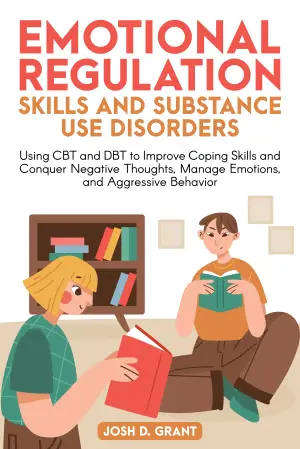As an avid reader, I’ve always been drawn to the whimsical and bizarre worlds of science fiction, so it was about time I finally picked up Douglas Adams’ classic, The Hitchhiker’s Guide to the Galaxy. With its combination of humor and profound insights into life, the universe, and everything in between, I was eager to see how it would measure up to the hype. The premise alone—featuring Arthur Dent, an ordinary man whisked away from a planet moments before its destruction—got me excited to dive into this galactic adventure.
From the start, Adams’ wit and humor shine through as Arthur and his eccentric companion, Ford Prefect, embark on a journey filled with absurdity. The description of Ford as an alien researcher posing as an out-of-work actor adds a playful layer to the narrative, making the story accessible and delightfully unpredictable. The unforgettable quote from the "real" Guide, "A towel is about the most massively useful thing an interstellar hitchhiker can have," not only epitomizes the quirky charm of the book but also serves as a reflection of the seemingly trivial but incredibly vital aspects of life.
One of the notable strengths of this illustrated edition lies in its blend of comic relief with insightful social commentary. In her review, Olivia B mentions how Adams critiques bureaucracy, politics, and even religion with a light yet perceptive touch. This resonated with me as I read about characters like Zaphod Beeblebrox and his two-headed antics—absurd yet portrayed with layers that invoke deeper contemplation. It’s both entertaining and thought-provoking, making me reflect on the nonsensical elements in our own world.
However, I can’t ignore one of the drawbacks pointed out by readers. While Adams skillfully navigates through laughter and absurdity, some parts of the plot feel loosely constructed. As William Smalley mentioned, it can at times feel over-hyped, with the narrative not always adhering to traditional storytelling structures. I found moments where I wished for a more cohesive storyline to guide me through the madness. Even with a strong cast of characters, including the melancholic Marvin, who brings depth and relatability to the mix, the plot occasionally meandered.
Another aspect I enjoyed, albeit with some reservations, was Adams’ writing style. The humorous similes and outlandish situations were joyfully absurd, but there were times I felt the jokes overshadowed the pacing, pulling me out of the narrative flow. Ana Rogler articulated a sentiment I share: while the book starts off exceedingly strong, its whimsical nature takes a bit of adjustment to fully appreciate.
Nevertheless, the laughter and contagious charm of The Hitchhiker’s Guide to the Galaxy ensured that my overall experience was positive. I appreciated how Adams managed to weave existential themes into such lighthearted escapades. In this regard, I wholeheartedly agree with several reviewers who described it as a fantastic "children’s book for adults," craftily engaging readers of all ages.
In conclusion, I would recommend The Hitchhiker’s Guide to the Galaxy to anyone looking for a book that defies conventions, tickles the funny bone, and encourages a lighter approach to life’s complexities. While it might not hit every plot point perfectly—leaving some readers wanting a bit more coherence—I believe it adeptly captures the essence of the absurdity of existence in a way that can be enjoyed multiple times. With its unique take on sci-fi humor, it deserves its status as a classic and is undoubtedly a must-read for any fan of the genre. Whether you’re a seasoned sci-fi lover or someone just looking for a good laugh, this book is bound to bring a smile and perhaps a chuckle or two along the way.








